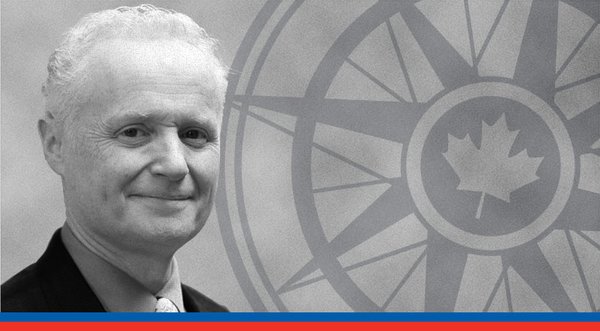MLI’s influence continues to grow in Ottawa, as we noted earlier today. But, another important thing is starting to happen as our ideas spread.
In June we published Citizen of One, Citizen of the Whole. That paper was a clarion call for the federal government to enact an enforceable Charter of Economic Rights for Canadians. We see it as a fundamental liberty that our country-men and women, goods and services should be able to move freely anywhere in this great land.
Naturally, some people agree with us and some people will require more convincing. And we are not afraid to link to both types of response.
But, beyond the interests of the media, academics and think tanks there resides another level of opinion – that of real people.
Nowadays, those real people can express themselves like never before thanks to the digital revolution. I was heartened today, to read a blog posting by Brian Dell of Edmonton. He dove into the Economic Charter issue with a gusto that should turn heads. A gusto that, as far as I can tell, is based on a sound understanding of the “facts” at play in the issue.
Dell poses a rhetorical question in the title of his effort: the Ottawa card: will an Alberta political party support the Economic Charter of Rights initiative? He lays out the premise of Citizen of One succinctly:
The Macdonald Laurier Institute (hereafter, MLI) has called “on the federal government to use its constitutional authority to strike down internal barriers to free trade and mobility within Canada” through an Economic Charter of Rights and then set up a commission that would deal with non-compliance.
Then Dell cleverly and bravely drops a challenge into the laps of readers in his home province, all the while reminding them ideology need not always fit into neat little partisan boxes. He writes:
Can “Conservative” Albertans truly not get past these nominal associations with the “eastern elite” and get behind the MLI’s call for an Economic Charter of Rights? The blurb for Crowley’s book “Fearful Symmetry: The Fall and Rise of Canada’s Founding Values” is solidly conservative:
“In the 1960s, Canada began a seismic shift away from the core policies and values upon which the country had been built. A nation of “makers” transformed itself into a nation of “takers.” Crowley argues that the time has come for the pendulum to swing back—back to a time when Canadians were less willing to rely on the state for support; when people went where the work was rather than waiting for the work to come to them.”
Just a few weeks ago Western Standard contributor JJ McCullough had little quibble with the good things “The Canadian Century” had to say about the Chretien/Martin regime. In fact, in a must-read review McCullough provides as an “important fact” the book’s contention that “[t]he 1993-2003 Liberal government of Jean Chretien embarked on a remarkable agenda of fiscal conservatism…” and quotes, apparently approvingly, the book authors’ opinion that “[t]here is substantial risk that current federal [Conservative] policy will undo the fiscal reforms of the Redemptive Decade [1993 – 2003]”.
You have heard it from me before, but, the mission of the Macdonald-Laurier Institute is to make poor quality public policy in Ottawa unacceptable to Canadians and their political and opinion leaders by proposing thoughtful alternatives through non-partisan and independent research and commentary. The fact that our ideas are generating public comment like that of Mr. Dell’s tells me that we are on the right track.


